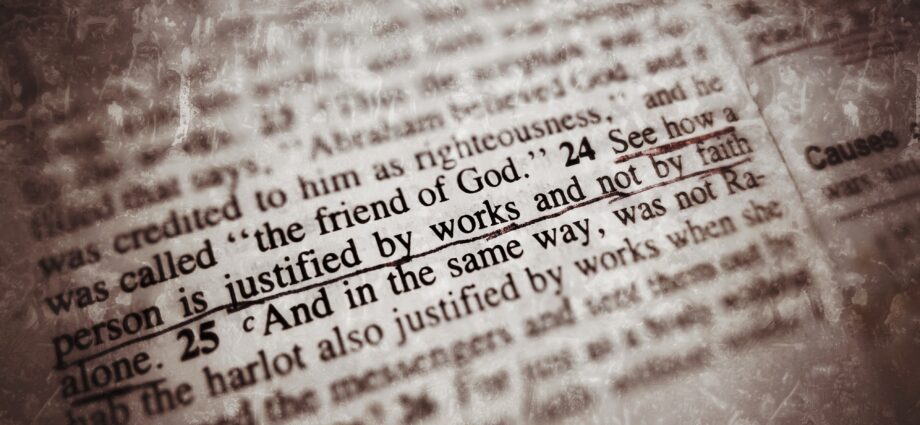Privilege. It is a word that is thrown around in our culture. It’s become a meme synonymous with virtue signaling. Many people on the extreme progressive left use it to shut down the conversation. White privilege is one of the most prevalent uses of the word. What does that have to do with faith and works? We can disagree and argue with some of those concepts and ideas, but the simple truth is: we are privileged. I am privileged.
I was born into a stable family with food on our table and a roof over our heads. I have also struggled with my weight for many years, at one point weighing almost 400 pounds. I often talk about the idea that one pound of fat is equivalent to nearly 3500 calories of food. So to be 220 pounds overweight required me to take in roughly 400 days of food that should rightly have been for someone else. That doesn’t include all the times I’ve lost the weight just to put it on again. Living in a country where food is plentiful and cheap, not because we earned it, but simply because we were born here; is the definition of privilege.
What does that have to do with faith and works? Saint James, in the first reading, tells us that they are inseparable. Faith without works is dead. The only time the bible uses faith and alone in the same sentence is in this reading. “See how a person is justified by works and not by faith alone.” James isn’t speaking of works of the Law (circumcision, temple sacrifice, etc.). He is talking about the actions of Love. It’s important to understand that distinction when reading St. Paul, who speaks about works having no value. James tells us precisely what he means by works by describing them: not just praying for someone, but giving them what they need.
He doesn’t sugar coat it. He calls them ignorant fools. To paraphrase in modern terms: “You morons! Do you need proof that you have to have works as well as faith?” Then the Church, in her wisdom, ties it together with Jesus, saying, “You must deny yourself, take up your cross, and follow me.” I find that very relevant with Lent beginning in just under a week. Jesus gave His life on that cross. He didn’t only provide the extra time He had or a few pennies in a box. He gave it all. 100%. Every drop of blood, sweat, and tears. James is reminding us that to pick up our cross means to offer from our substance, not just from our surplus. It isn’t about taking what extra we have leftover. It’s about giving from what we need. About sacrificing. Giving from our privilege because even if we worked very hard for it, the opportunity is there simply because of where we were born. It’s pure grace.
So here I am. Trying to pick up this cross that I am woefully inadequate to carry. Challenged to give up something of my own that others may have to eat, drink, sleep, and have comfort. After all, what will it profit me to end this life with anything in the bank? I can’t take it with me. (God knows all I’d be leaving my kids now is debt anyway.) As we approach Lent, we need to ask ourselves what do I need to give up, add, or give away to be more like Jesus. That is the goal of the 40 days in the desert. To come out after facing the same temptations that Christ faced and to conquer them through the grace of God and by prayer, fasting, and almsgiving.
A reflection on the readings for Daily Mass for February 21st, 2020: Friday of the 6th Week in Ordinary Time

